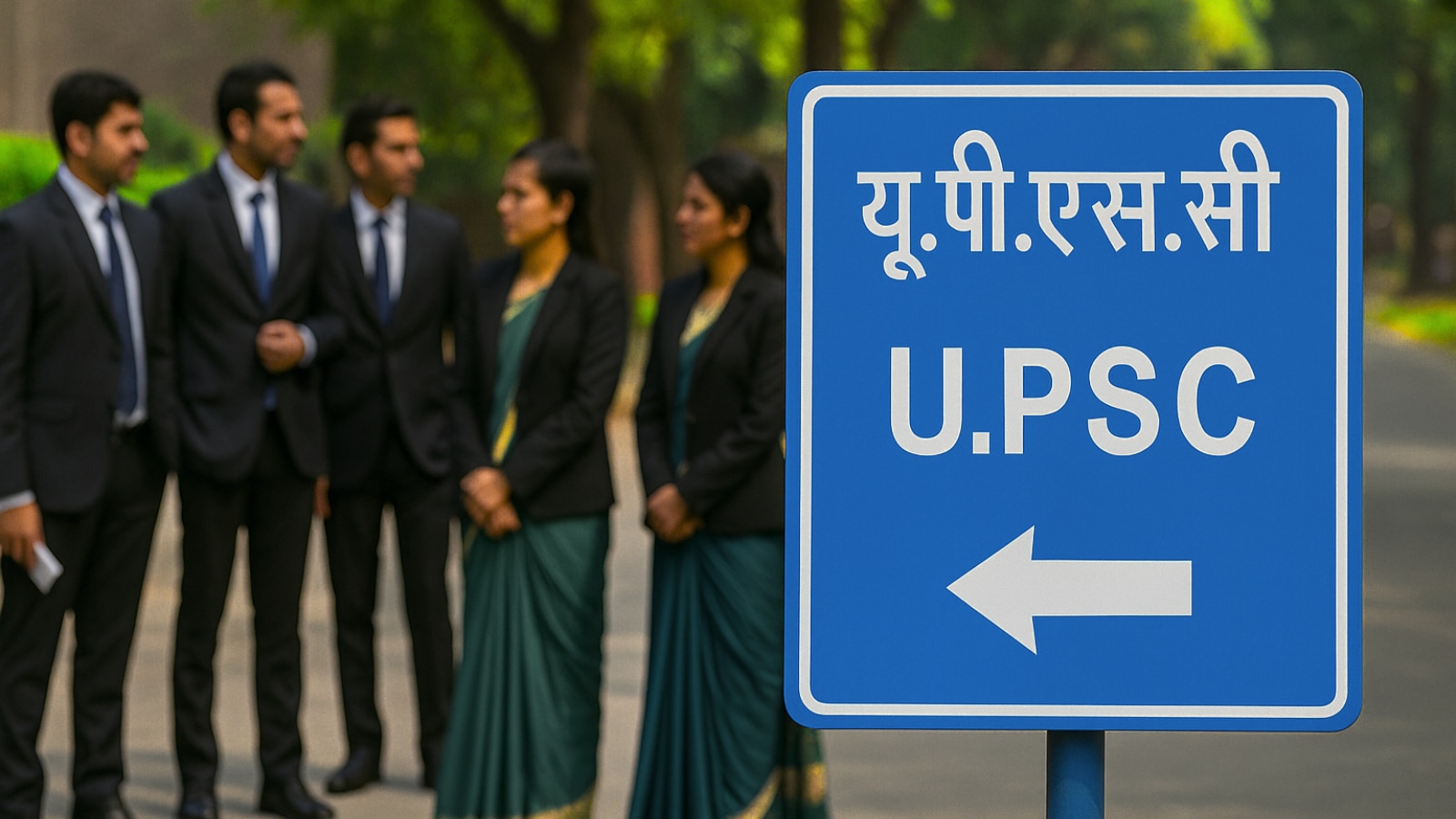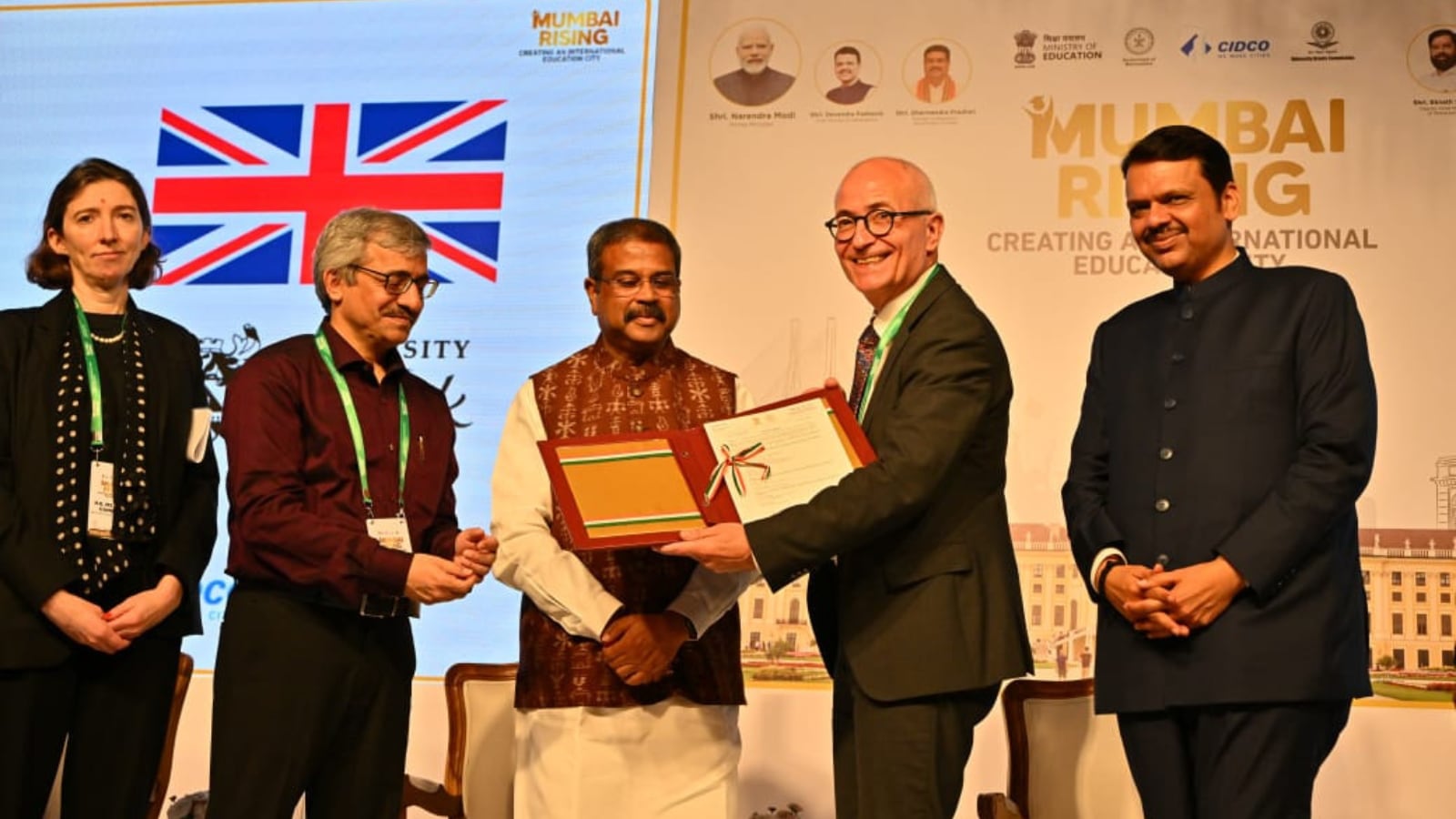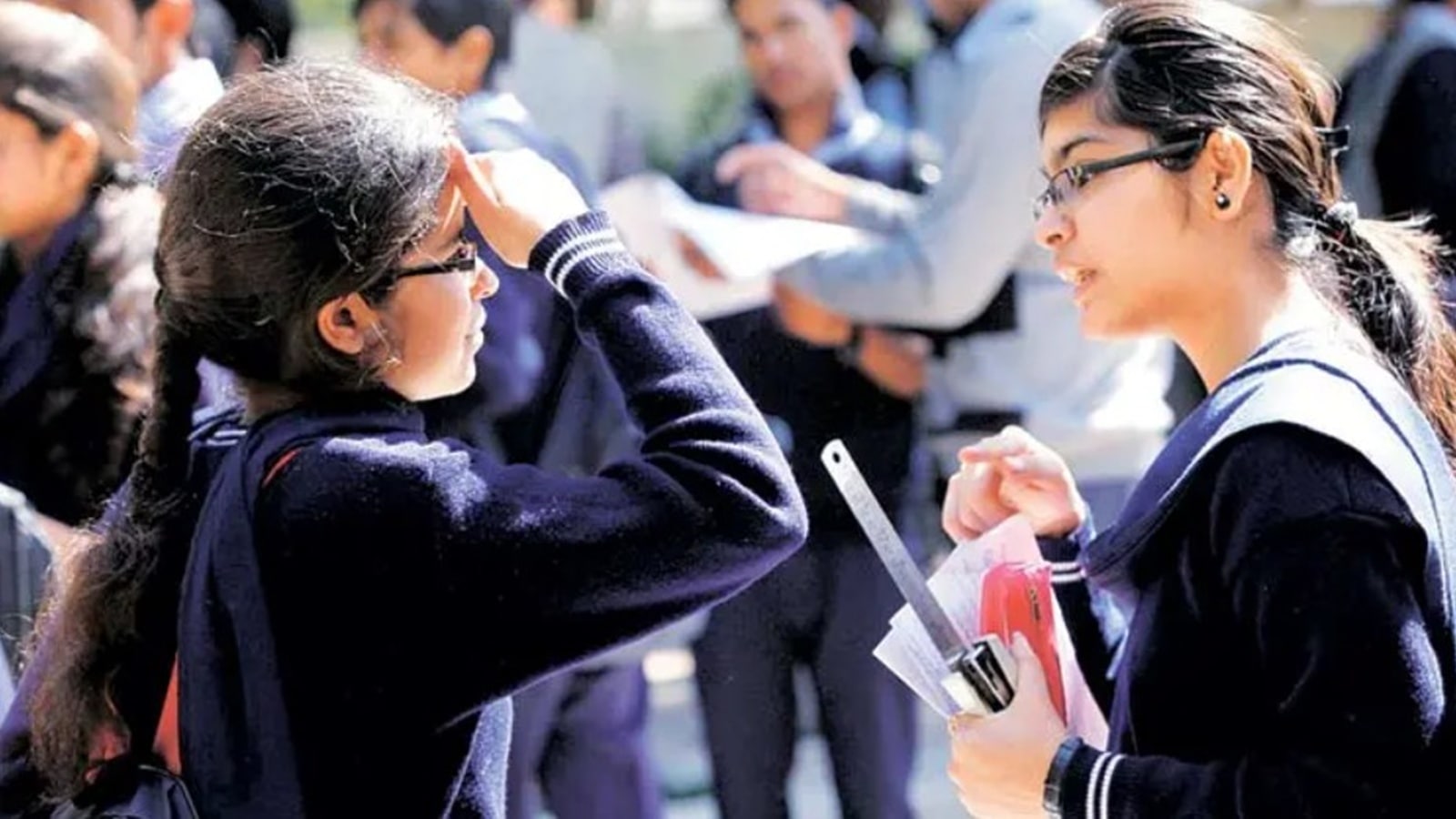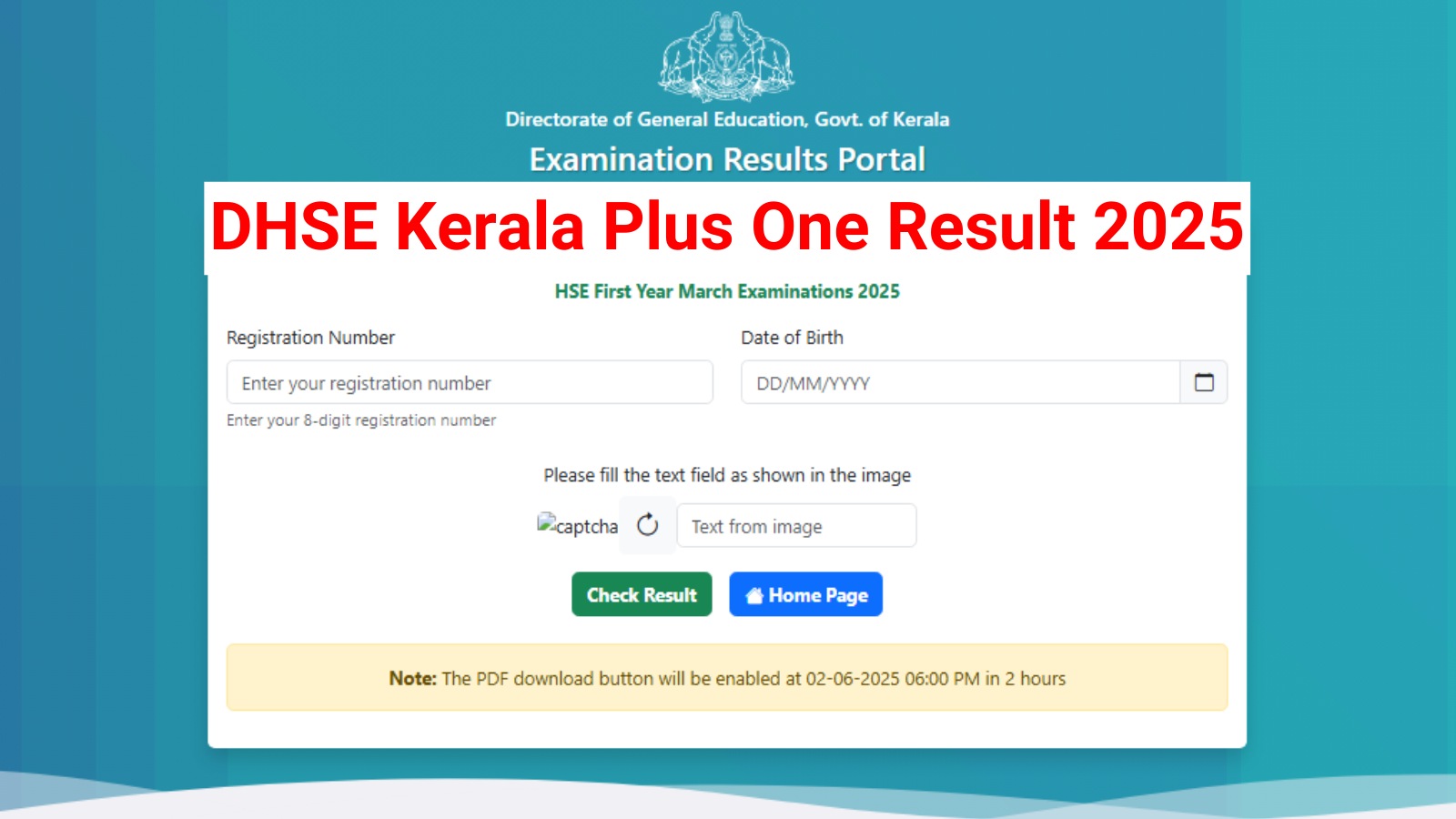The Union Public Service Commission (UPSC) has recently introduced the Pratibha Setu feature, aimed at opening up new opportunities for civil services aspirants who reach the final interview stage but do not make it to the final merit list.
The initiative, launched as part of the Civil Services Examination (CSE) 2023 result process, enables verified employers — ranging from government ministries and public sector undertakings (PSUs) to autonomous bodies and private organisations — to access the profiles of such non-recommended yet qualified candidates. The initiative is designed to facilitate alternate career pathways by connecting these aspirants with organisations seeking top-tier talent.
New identity for an existing initiative
While Pratibha Setu may appear new, it is a rebranded and upgraded version of the Public Disclosure Scheme (PDS), which has been in operation since August 2018. The scheme was originally launched following a decision by the Department of Personnel and Training (DoPT), under which UPSC began publicly sharing the biodata of non-recommended but willing candidates.
These were individuals who had cleared the written stages and appeared for the personality test in various UPSC examinations but were not recommended in the final selection. The earliest such disclosure under the PDS was done for the Combined Medical Services Examination 2017.
UPSC Civil Services 2024: How much topper Shakti Dubey score? Comparison with last year’s rankers
Over time, the scheme expanded to include candidates from multiple examinations such as the Civil Services, Indian Forest Service, Engineering Services, Central Armed Police Forces (ACs), Combined Geo-Scientist, CDS, IES/ISS, and Combined Medical Services Examinations.
Story continues below this ad
Who is it for?
Pratibha Setu serves as a structured digital platform through which over 10,000 non-recommended candidates, who have successfully cleared all stages of the UPSC examinations but did not secure a final spot, can be considered for other professional opportunities.
These individuals represent a pool of highly skilled, rigorously tested talent who have already demonstrated competence across UPSC’s demanding selection stages.
How does it work?
To facilitate this, the Commission now provides Login IDs to registered organisations which can be government or private, enabling them to access the talent pool for potential hiring. Private companies can register themselves using their Corporate Identification Number (CIN), which is verified via the Ministry of Corporate Affairs (MCA) portal.
The new portal includes a simplified dashboard with features such as wish-listing, shortlisting, and a selection/rejection interface, allowing employers to navigate the process seamlessly. Each candidate’s biodata, including educational background and contact information, is made available in soft copy format to help in the selection process.
Story continues below this ad
The transformation of PDS into Pratibha Setu makes the platform more accessible and tech-enabled. It aims to build a “bridge for hiring aspirants”, as its name suggests—Professional Resource And Talent Integration – Bridge for Hiring Aspirants.
UPSC CSE 2024 Toppers: After failing in his first attempt, Delhi’s Aakash Garg gets AIR 5
The portal is being showcased as a first-of-its-kind initiative that allows various organisations to tap into the exceptional talent emerging from India’s most competitive examinations. In doing so, Pratibha Setu not only offers a second gateway for UPSC aspirants but also helps ensure that their years of preparation and demonstrated capabilities do not go unnoticed.
Who is not covered under the initiative?
It is important to note that some examinations are excluded from this scheme. These include the National Defence Academy and Naval Academy (NDA and NA) Examination and Limited Departmental Competitive Examinations (LDCEs) such as CBI(DSP) LDCE, CISF AC(EXE) LDCE, and S.O./Steno (GE-B/GD-I) LDCE.




